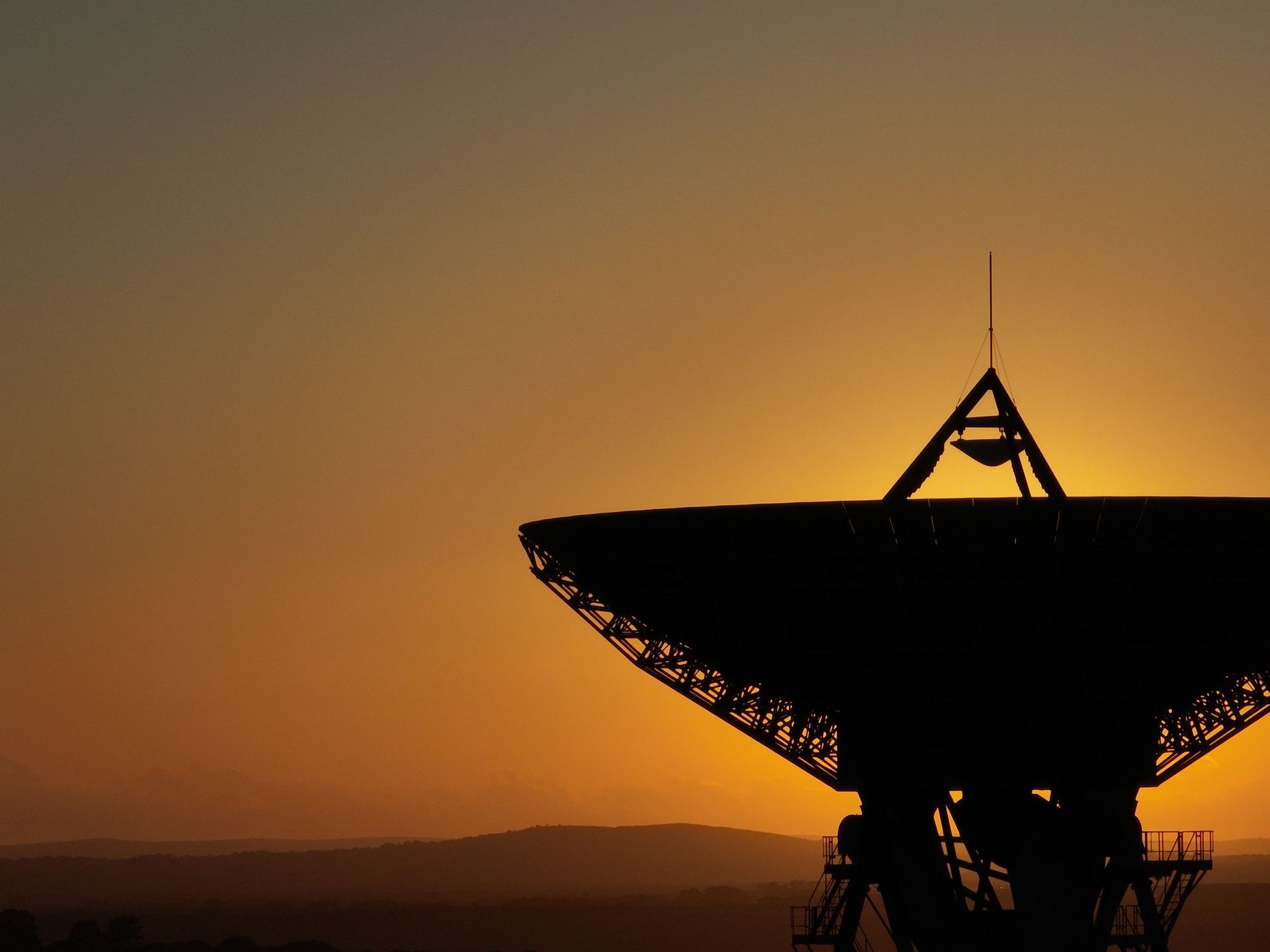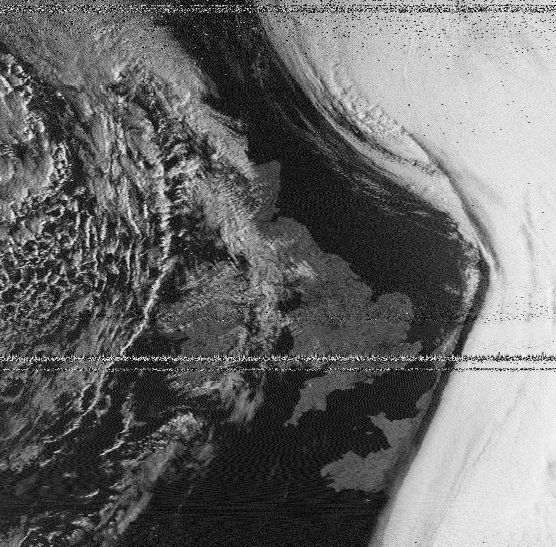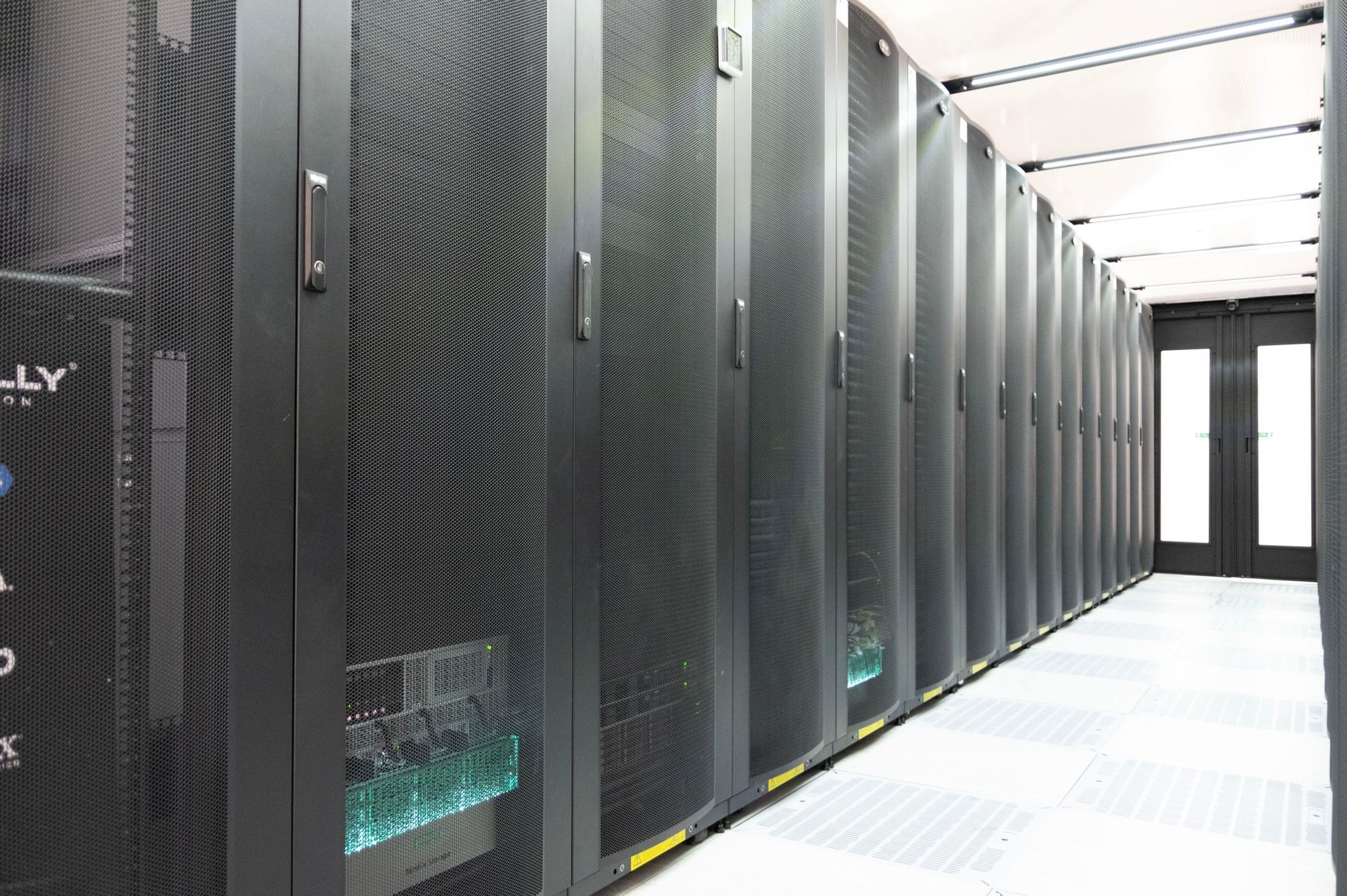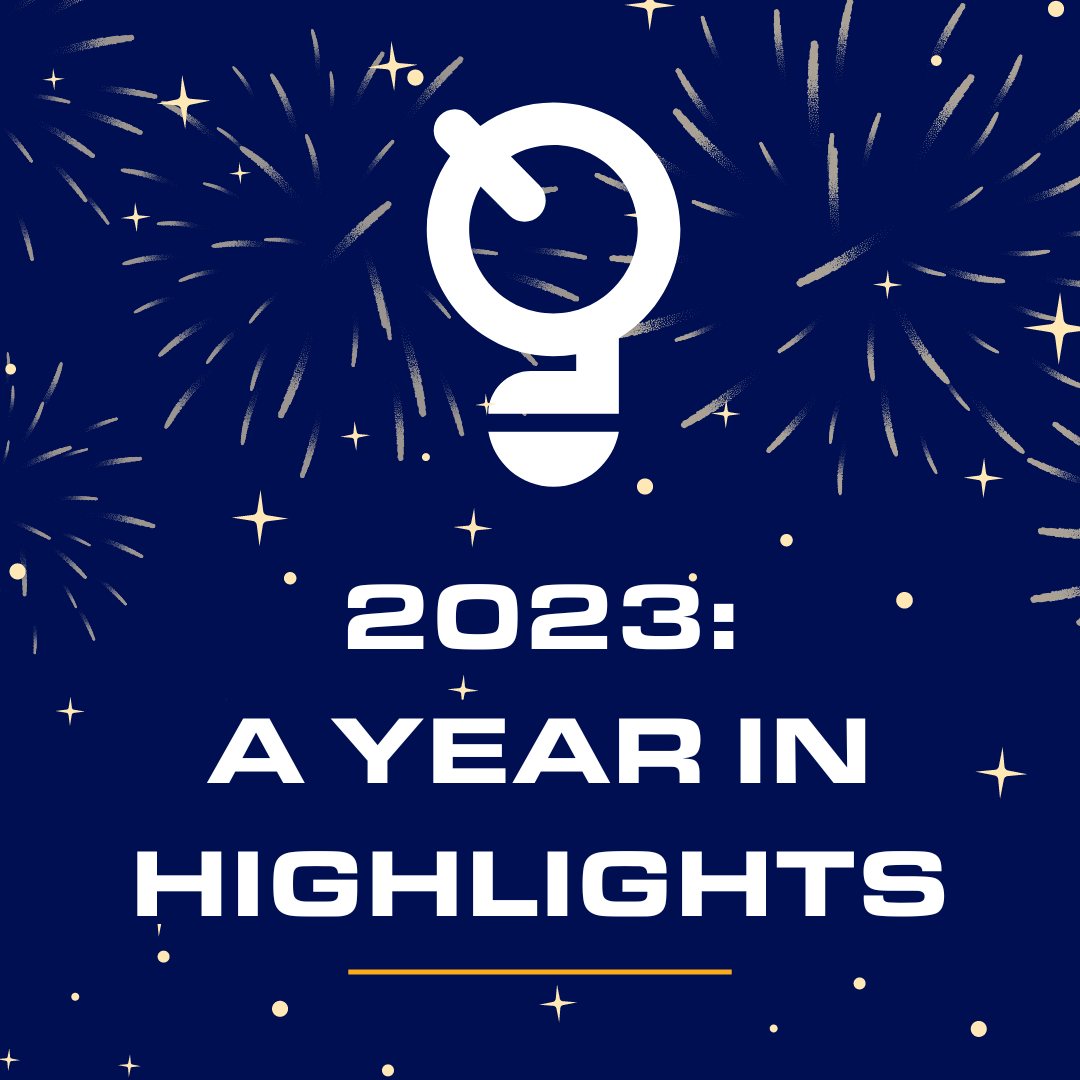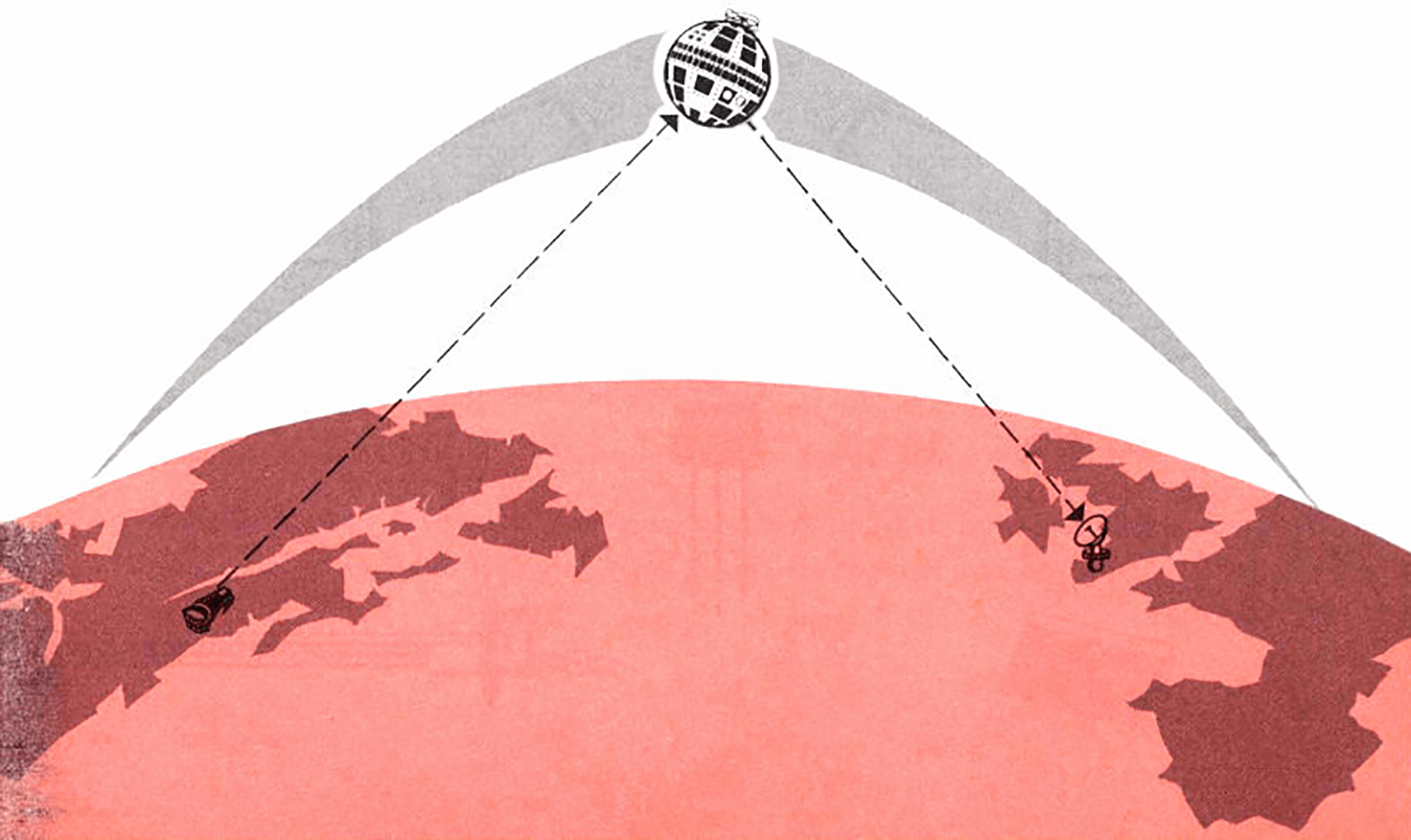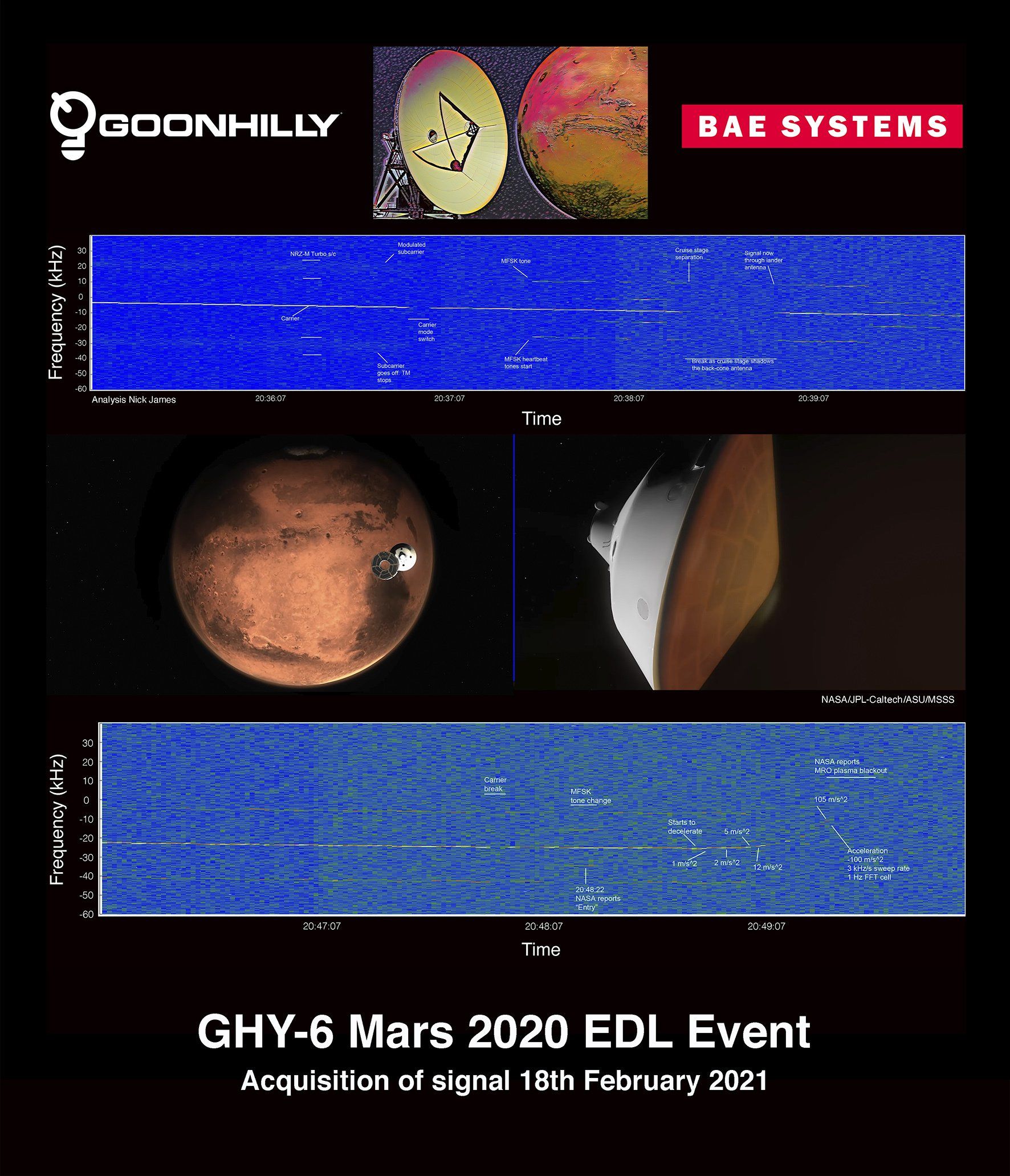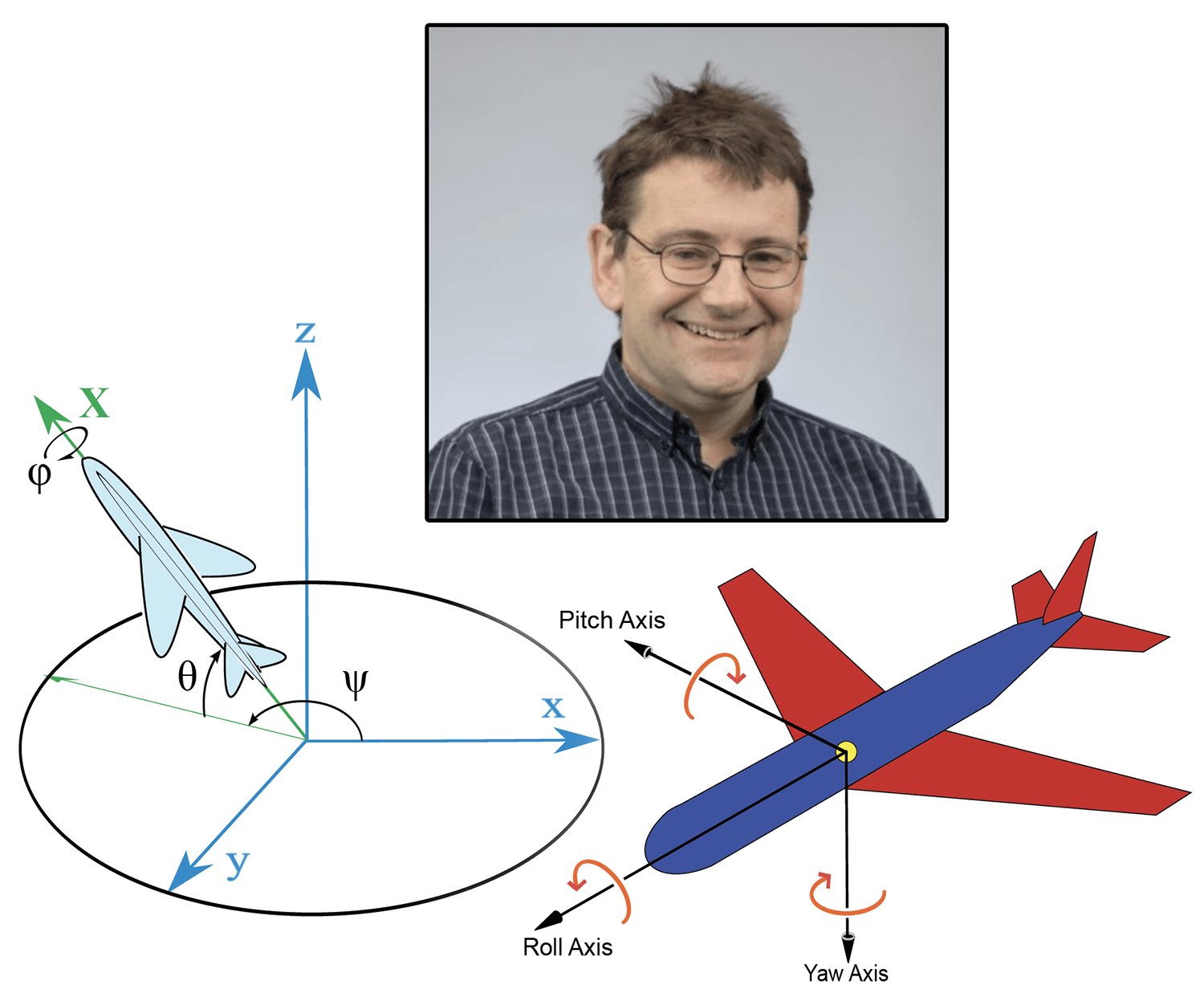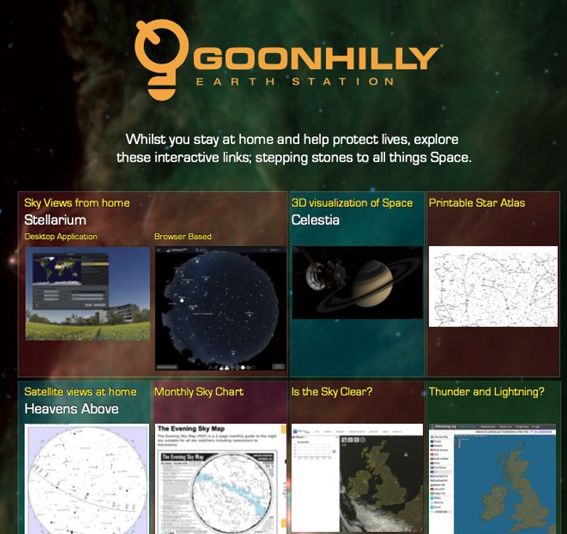International Women's Day 2023
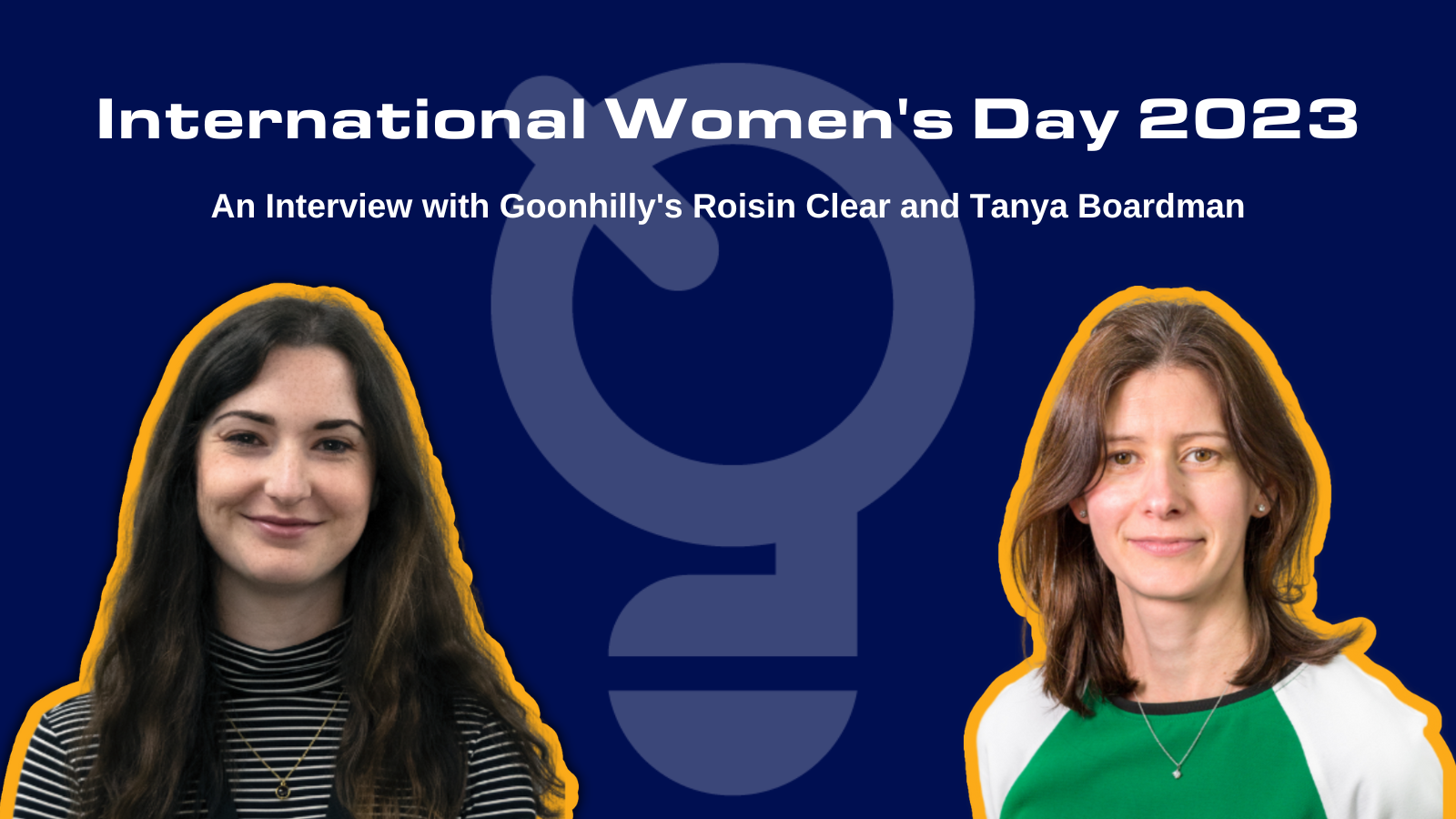
In honour of International Women’s Day 2023, our Marketing and Business Analysis Intern, Isobel, met with Systems Engineer, Roisin, and Project Manager, Tanya, to discuss their routes into the space industry, what they love about their jobs, and what advice they’d give to young professionals starting their STEM journeys...
Can you tell me about your background and what your current role is at Goonhilly?
Roisin: My current job title is Systems Engineer. I’ve been here for about three and a half years and joined after doing a master’s in Control Engineering at Sheffield. Before that I worked as a Scientific Engineer in medical device regulation back in Ireland, having completed my undergraduate in Physics. So, I worked in medical regulation for a little while and decided that I wanted to transition into the space industry, did my master’s and then, fortunately, was hired by Goonhilly at the end of 2019.
Tanya: I’m a Project Manager here at Goonhilly – although I always like to point out that, with it being a small company, being a project manager involves quite a lot of different things in my case. A lot of my working day is spent writing proposals and managing bids, so looking after projects from their initial ideas and inceptions, then finding funding opportunities and seeing them right through to delivery.
My background is a bit of a wavy line, but I’ve worked at Goonhilly since the middle of 2019. Before working here, I was running my own company, which was also in the space sector, doing training, and before that I spent most of my time working in universities or government agencies, supporting business growth and encouraging businesses and universities to work together.
Do you have any recommendations for young people looking to pursue careers in STEM? Is there a particular pathway that makes pursuing a career in the space industry easier?
Roisin: This is something that Tanya and I have discussed before – the long, windy path into the space industry. I think for some people, if they know what they want to do, they’ll just go ahead and do it - and that’s great - but I’d remind young people that you can definitely get into STEM the long way.
Tanya: I think that there are now a wider number of opportunities and ways to get into STEM. I have the benefit of more hindsight than you two, so thinking back to when I was starting my career – I finished university at the end of the 1990s – a career path into STEM would probably have been school, university, job, then maybe a graduate training programme. I think that now there are more opportunities and more work – for example, the apprenticeship route is growing. In the last few years, apprenticeships specific to the space industry have come online, but engineering apprenticeships are definitely a great route in for people considering a career in STEM more generally.
It’s also important to think about transferrable skills. I work in the space industry and don’t have qualifications in engineering or physics, but I do have a biological sciences background and I’ve found that there are many key skills that are applicable in both fields.
There are also all the broader and supporting functions that are needed in STEM. An interest and background in HR, management, marketing, arts, or finance could all provide job opportunities and careers in the sector. There’s no one way in, there are lots of ways in!
Do you have any specific advice for young women who are hoping to get into the space industry?
Roisin: I would say that if you’re interested in the industry, just keep trying and stick with it. When I was trying to move careers out of medical science and into space, I researched the space sector and really thought about what would make me useful to the industry.
Tanya: I think going through education to try and get as much experience as you can is important. There are internship and work experience programmes or placement years that can be really useful in helping you understand what it’s like to work in the space industry… It could be that one of these programmes strengthens your passion for the sector or, alternatively, you might realise that it’s not for you after all, and that you want to do something different. So, I think getting experience makes you useful to future employers because they can see you’ve made the effort to explore the roles available in the industry and are definitely interested in this field. Ultimately, finding out what you don’t want to do is just as important as finding out what you do want to do.
How can we encourage more women to pursue senior leadership/management roles or careers in STEM?
Tanya: I think we need to have role models and normalise women in STEM. Providing encouragement throughout education and promoting different ways to access STEM careers, as we’ve talked about, via apprenticeships or university/graduate routes is essential.
I think, in terms of leadership and management, we should promote and support part-time and flexible working as women (and men too!) progress through their careers. There are lots of women who are looking to get back into careers and find stepping stones if they’ve had a break for whatever reason and part-time work is really, really hard to find, particularly when searching for good jobs that people are skilled and qualified to do. That’s something that will definitely help extend women’s careers in STEM and help bring skilled and talented women back into the workforce.
Roisin: Yes, I completely agree with everything Tanya has said. Flexible working later on in people’s careers is really important and can encourage people to extend their careers in the industry and, of course, we need representation at the top and in policy, also.
Finally, what has been your best day working in the space industry?
Tanya: I think for me it’s not a particular day. As I mentioned earlier, I set up and delivered some training and I’ve subsequently met people who participated in these training courses and are now using what they learned with me in their current jobs - they’re still in the sector and still learning. It’s a great feeling knowing that you’ve done something helpful and that people are using the training you provided to build their own careers.
Roisin: For me, I got to present the GHY-6 upgrade to a number of people at ESA’s TTC (Tracking, Telemetry and Control) Conference in Noordwijk, at the end of last year, so that was quite a highlight for me. It was pretty cool!
